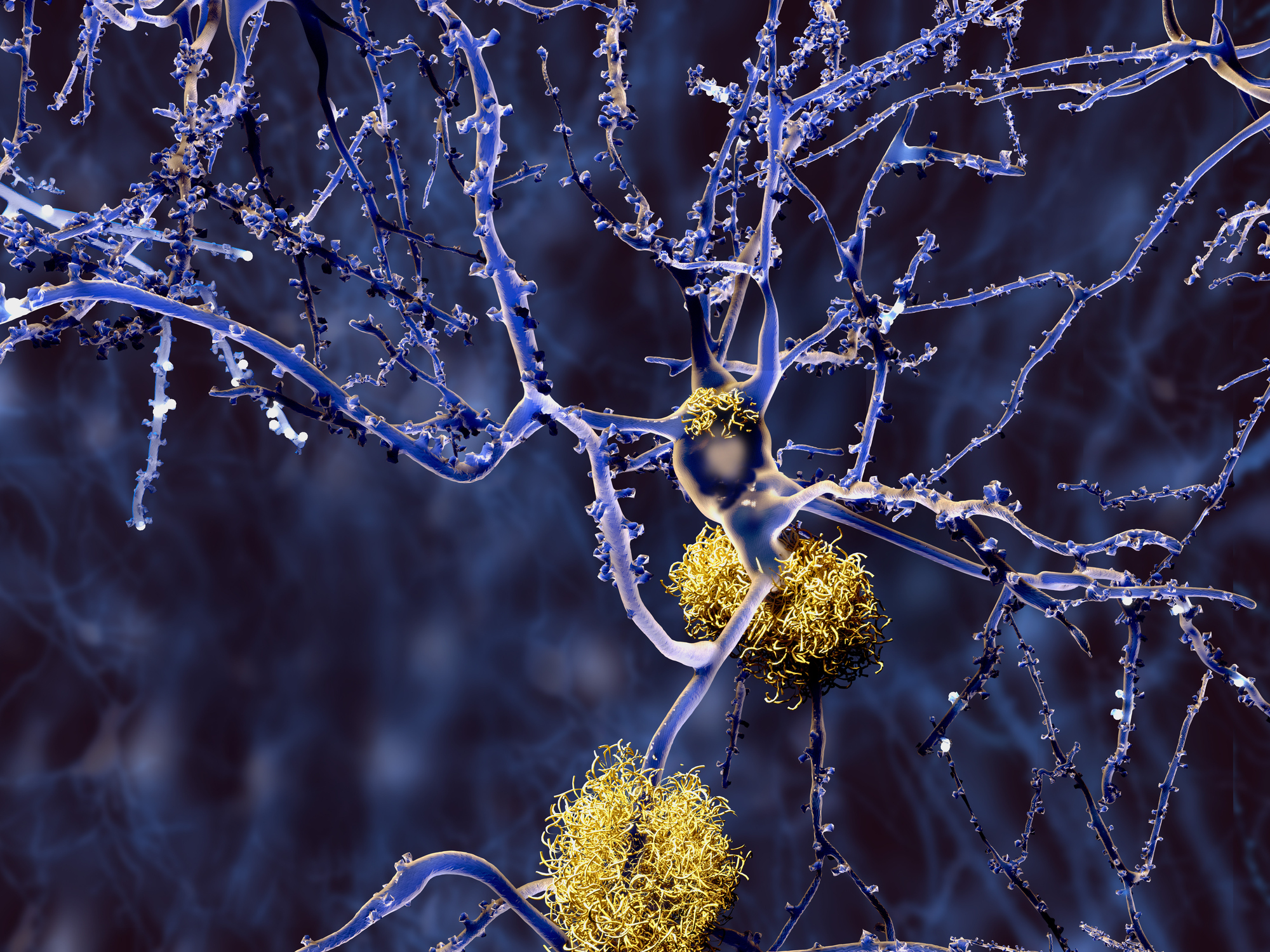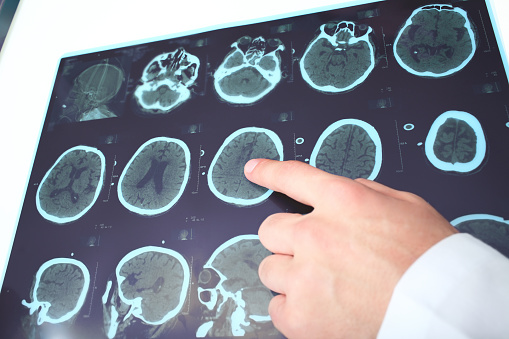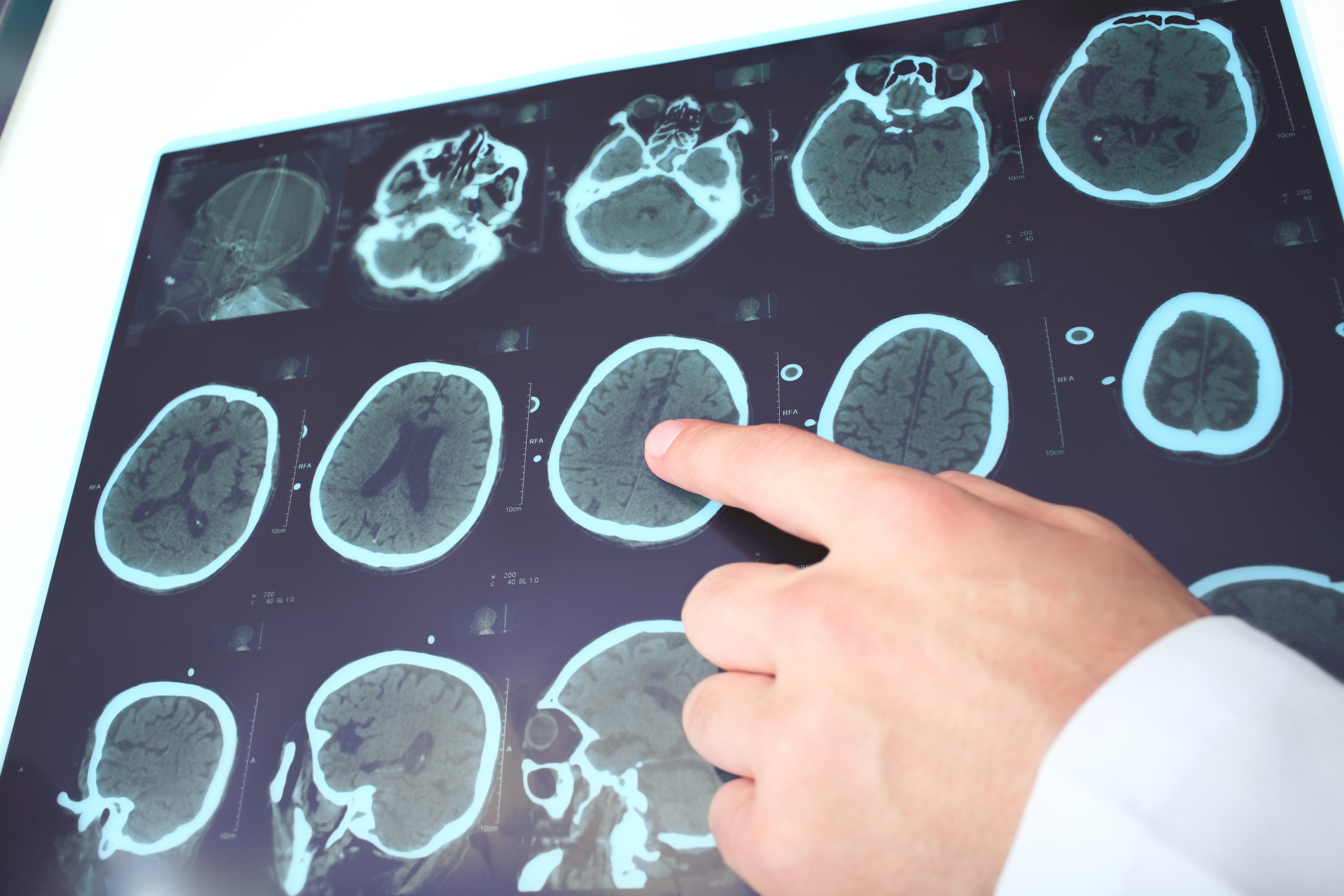Nicotine given independently from tobacco may ward off Parkinson’s or Alzheimer’s disease
Nicotine given independently from tobacco may help ward off Parkinson’s or Alzheimer’s disease. It is a common knowledge that tobacco and tobacco products are bad for your health, but new research findings suggest that nicotine alone may offer protective properties to the brain. The researchers added nicotine to the drinking water of the study animals. ...click here to read more














